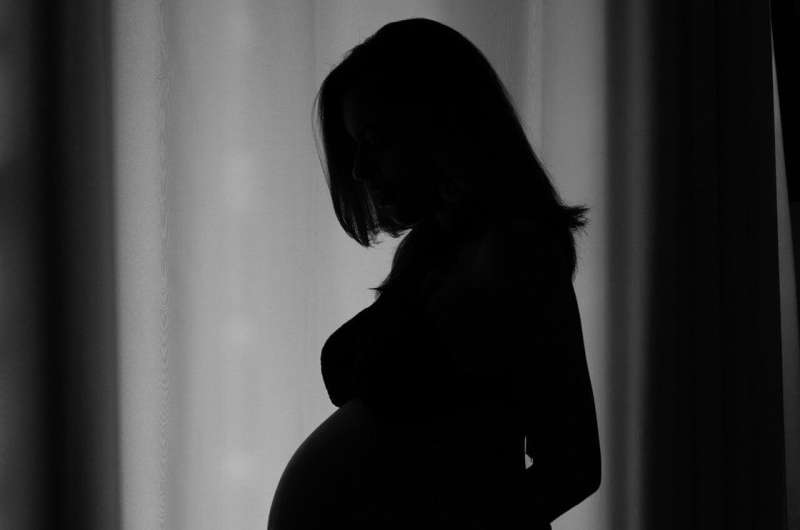How Romantic Partners' Traits Can Influence Genetic Risk for Alcohol Problems

A recent study conducted by researchers from Virginia Commonwealth University and Rutgers University has provided fresh insights into the complex ways in which romantic partners can influence an individual's genetic predisposition to alcohol use. The study found that the behavioral traits, personality, and mental health status of long-term partners can either amplify or mitigate one’s genetic risk for engaging in binge drinking and other risky alcohol behaviors.
The research highlights that genetic factors account for roughly 50% of the risk for alcohol use disorder. However, this genetic influence is not deterministic; environmental and relational factors can significantly modify this risk. For instance, experiencing stressful life events like trauma or loss might increase the likelihood that a person with a high genetic predisposition develops problematic alcohol use. Conversely, a stable environment or supportive relationships may lessen this genetic impact.
The study analyzed data from the FinnTwin16 project, which includes twins from Finland, focusing on adults in long-term relationships with a history of alcohol consumption. The team examined survey responses related to drinking, smoking, personality traits, and mental health. Findings revealed that individuals whose romantic partners frequently drank or smoked were more likely to engage in binge drinking. Interestingly, the influence of genetic risk was stronger in those partners who exhibited certain characteristics such as greater extroversion, higher neuroticism, or psychological distress.
Furthermore, the research uncovered surprising results: the heritability of binge drinking appeared to be less influential when partners reported more frequent alcohol consumption themselves. This suggests that environmental influences stemming from a partner’s behavior can sometimes overshadow genetic predispositions.
From a clinical perspective, these findings emphasize the importance of considering relationship dynamics when addressing alcohol use issues. Couples therapy and interventions that focus on both partners' behaviors and traits could be more effective than those targeting individuals alone. Even in healthy relationships, a partner's substance use and personality traits can impact one's own health outcomes.
The researchers acknowledge that further studies are needed to explore how other relationship factors, like parenthood or relationship quality, intersect with genetic risks to shape alcohol consumption patterns. This area of research opens new possibilities for personalized and relational approaches to preventing and treating alcohol-related problems.
Source: https://medicalxpress.com/news/2025-05-traits-romantic-partners-amplify-impact.html
Stay Updated with Mia's Feed
Get the latest health & wellness insights delivered straight to your inbox.
Related Articles
Innovative Wearable Sensor Enables Noninvasive Monitoring of Lithium Levels in Bipolar Disorder Patients
A revolutionary wearable sensor enables noninvasive, real-time monitoring of lithium levels through sweat, offering a safer and more convenient method for managing bipolar disorder medication.
Higher Depression and Anxiety Among LGBTQIA+ College Students in Conservative States, Study Finds
A national study reveals that LGBTQIA+ college students in conservative states face higher rates of depression, anxiety, and suicidal ideation, emphasizing the impact of political climate on mental health.
FDA Committee Raises Concerns About Antidepressant Use During Pregnancy Risks for Mothers
A recent FDA panel debated the safety of antidepressant use during pregnancy, emphasizing the importance of balanced treatment for maternal mental health and highlighting risks of untreated depression.
Understanding the Impact of Addictive Screen Use on Youth Mental Health
New research reveals that addictive patterns of social media and mobile device use, rather than total screen time, are linked to increased suicide risk and mental health issues among youth. Understanding these behaviors is essential for effective interventions.



